It is no secret that independent content creators are currently experiencing huge success. Thanks to opportunities offered by social media and Web 3.0 there has been a steady rise in the content creator economy, along with an upward trend of internet users who prefer doing business with their favourite content creators, as opposed to a large corporation.
The lines between the content creator economy and entrepreneurship are blurred. This rising economy can be described as a type of business that is run by content creators who monetise their audience through paid partnerships, ad revenue and product sales. Statistics from a survey conducted by NeoReach indicate that Instagram takes the lead as the most favoured monetisation tool for creators, followed by TikTok and Youtube. The Economist finds that American social media users will spend on average $67 dollars a year on transactions through TikTok versus $200 dollars a year through Instagram.
Not only have we seen a rise globally when it comes to content creators, but most importantly we have also seen it be hugely beneficial to the African continent. The world is getting smaller due to an increase in access to the internet and new technology. According to a study conducted by Influencer Marketing Hub, 46.7 million people considered themselves amateur content creators, while two million considered themselves professional creators.
With the recent developments in AI technologies, it is only natural to wonder how they will impact this fairly new work stream. Content creators now have a number of AI tools at their disposal that can assist them with idea generation, content creation and text optimisation. However, the question still remains whether these AI tools can still teach the same skills that experienced industry leaders can, and whether AI can truly replace the human connection offered by the dialogue between creators and followers.
Recently the Red and Yellow Creative School of Business announced their exclusive partnership with Meta Africa to launch Instagram Creators x Brand Academy nano courses. The courses allow students to learn directly from industry heavy hitters like Thomas Finetto, Meta Global Head of Creative Development; Aviv Weil, Executive Creative Advisor, WeilCo; and Liliane Assaf, Meta Product Marketing Manager. In each course, Meta experts pass along the unique knowledge they’ve learnt over the course of their careers – information sharing that can’t be found through AI tools.
“The bottom line is that we can’t expect AI technologies to completely replace traditional learning and skills sharing. I would like to think that one of the perks of being human is that we don’t lack creativity. AI tools might improve your productivity and efficiency, but they cannot comprehend human psychology and certainly, for a content creator, this is very important. So it is important to develop the skills and knowledge that allow you to create authentic and compelling content from a human perspective,” says Elizabeth Lee Ming, Head of Marketing at Red and Yellow Creative School of Business.
There’s no doubt that AI will reshape the content creator economy and change how influencers create content and consumers consume it.
“The rise of the content creator is a megatrend that I can get behind. There will almost always be a demand for new creators wanting to enter the industry as there will never be a cap for diverse content. In the South African content creator landscape, we have also seen that the majority of South African female content creators dominate the beauty, fashion and lifestyle sectors, for example. This is something that we should celebrate as we are seeing an increase in the appreciation for female voices,” Ming continues.
The Instagram Creators x Brands Academy nano courses are available for free, exclusively to prospective Red & Yellow. To access them, simply enrol in any participating Red & Yellow online short course, online qualification, or Full-Time or Part-Time programmes.
To find out more information, please visit www.redandyellow.co.za.
NOTES TO EDITOR: Red & Yellow School of Creative Business
Red & Yellow Creative School of Business is a CHE-accredited private higher education institution headquartered in Cape Town, South Africa. It is an established cornerstone of the South African marketing, advertising, design and business industries, teaching its students to think creatively and equipping them with the critical commercial and 4IR skills that they need to thrive in a digital world.
Established in 1994, the Red & Yellow Creative School of Business offers degrees, advanced diplomas and certificates in marketing and commerce, digital marketing, user-centered design, graphic design and art direction, copywriting, digital content creation, as well as business and corporate offerings. The school also offers a range of popular online short courses and national certificates, and its highly regarded corporate training team works with some of Africa’s most well-known companies to deliver innovative, customised programmes focused around 21st century skills.
Red & Yellow has deep, longstanding ties with industry and works with leading brands and agencies throughout Africa to ensure its students and alumni are always world-class and work-ready. Its students are regular nominees and winners at local and international awards ceremonies, including the Loeries, Pendorings and D&ADs.
The school’s alumni include business leaders who have achieved remarkable career success, across the continent and internationally, such as Jason Harrison and Faheem Chaudry of M&C Saatchi Abel; Veli Ngubane at Avatar; Dorcas Onyango at Coca Cola; and Steph van Niekerk at Grey JHB, ranked as South Africa’s No. 1 Creative Director and No. 1 Copywriter in 2019.
In addition, Red & Yellow is a member of Honoris United Universities, the pan-African private higher education network focused on educating the next generation of African leaders and entrepreneurs with industry-ready skills.
For more information, please visit www.redandyellow.co.za


